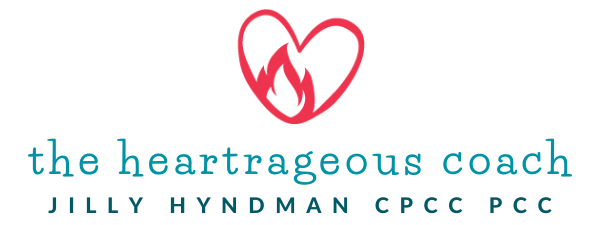Something I've noticed with some of my clients, and in my own life, is that some of us struggle to feel joy when it shows up in our lives. We tend to glance over it without even acknowledging it because we are on to the next thing on the to do list.
It's like we don't know how to be with good feelings. Weird, huh?
You'd think that people would LOVE to feel happy, excited, even blissful and ecstatic, but many of us skip right through it, over it, around it without actually spending any time revelling in it.
With all the sadness, injustice and other bad shit happening in the world, I thought I'd write a little how-to on feeling joy. That way, when something good happens to us, we can squeeze all the goodness out of that occasion, which will serve to bolster us for the sad/bad/scary/unfair stuff that is bound to show up later.
How to Feel Joy in 5 Easy-ish Steps
1. Notice it.
Some of us don't even notice when we are happy. We don't pay attention to our bodies, which send us information ALL THE TIME. Your body won't lie to you -- when you feel joyful, happy or any other flavour on the joy continuum, your body will give you signals. For me, everything rises: my eyebrows and eyelids, the corners of my mouth, my chest as my lungs fill, the tone and volume of my voice, my hands to wildly animate what I'm saying.
Your body may do something different -- tingles in your fingers and toes, flippity-flopping in your tummy, rapid breathing, giddy laughter. You get the idea. So, start noticing the messages your body is sending your mind. Notice your posture, temperature, pace of breathing, your energy level, and begin to recognize where joy lives in your body. You might begin to name the level or degree or type of joy you are experiencing: is it calm contentedness, or absolute ecstasy, or something in between?
2. Be with it.
Put down your device. Turn off other distractions. Be with the joy. Even if it feels uncomfortable at first. Joy is an emotion. Emotions are energy in motion. They bring us information that we can turn into thoughts, then actions, then behaviours. Joy asks us, "What wants to be celebrated or appreciated?" Let yourself sit in the emotion of joy as you listen for the answer.
3. Stay in it.
Many of us have the next three (or 15) things to do lined up in our minds while we're doing the current thing. Allow yourself to put the to do's or other future thoughts (including worries about the joy disappearing) aside. Don't talk yourself out of feeling joy! Invite it in. Let it fill you up, or wash over you, or take up all your field of vision, or close your eyes and feel it surge through your body. Ask it to stay. And savour it for as long as it lasts.
4. Thank it.
Offer your appreciation for the experience of feeling joy. You may want to thank the cause of the joy -- the event, person or other situation that allowed the joy to show up. Cultivating gratitude for what is will prime your body and mind to experience more joy in the future. You'll be better able to notice small moments of joy when you practice gratitude regularly.
5. Share it.
After you've lived your joy fully, tell someone else about your experience. This action will help the joy carry forward in your life, and it will spread to someone else's. Telling stories expands our experiences and helps embed them in our memories. We get to relive the joy -- in our bodies and minds -- each time we tell the story of it. So do! Imagine the awesome conversations we'd have if we all shared our most joyful moments with each other!
That's it. I'm hoping you find something to be joyful about today, and give yourself the gift of experiencing it fully. Then notice how things might shift in your life, and let me know how it goes.
In love and light,
Jilly


